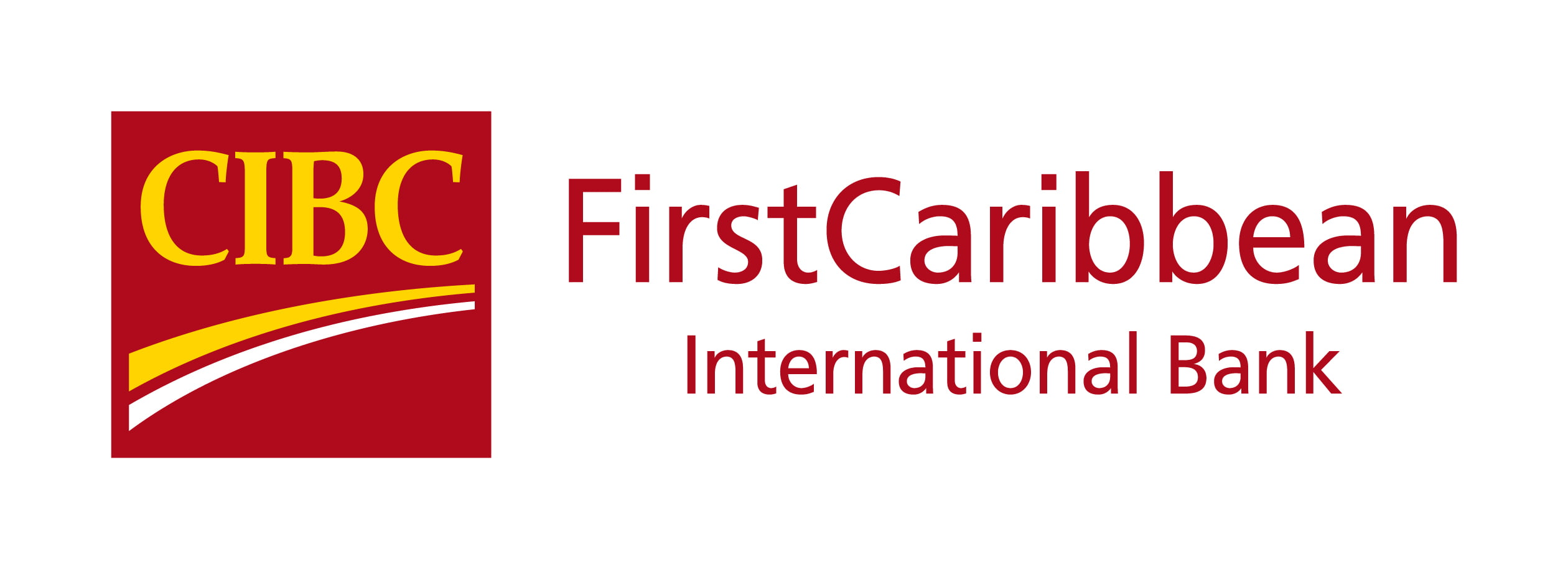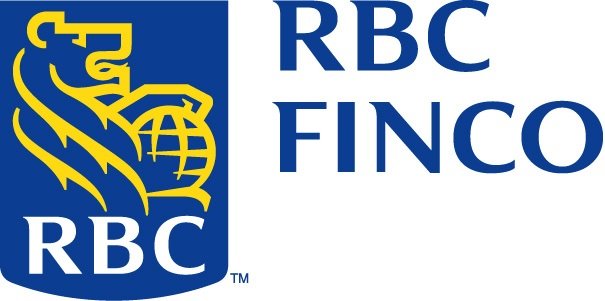Scotiabank and RBC Finco ranked among most costly; Fidelity and FirstCaribbean ranked among least
Central Bank: Clients can reduce costs by using digital banking
NASSAU, BAHAMAS — While banking fees vary across financial institutions, particularly for transactions related to operations of deposit accounts and maintenance of credit facilities, the ability of customers to utilize digital channels for their transactions reduces such costs compared to in-branch services, a Central Bank report has concluded.
The Central Bank yesterday published a list of select service fees for all seven commercial banks, with effect from February 2022. The regulator said the list will be updated semi-annually.
It noted that its report presents a comparative view of retail customer service fees in The Bahamas’ domestic banking sector, showing what a typical customer could expect to incur when operating transactional deposit accounts, and considers expenses related to delinquencies on credit facilities.
While each institution lowered in-branch costs to customers who elected to maximize the use of digital services for deposit account transactions, the cost rankings still differed among institutions in the constructed scenarios.
– Central Bank
The analysis noted that deposit products offered for students and retired individuals impose lower transaction costs on users than for other users of banking products.
“While each institution lowered in-branch costs to customers who elected to maximize the use of digital services for deposit account transactions, the cost rankings still differed among institutions in the constructed scenarios,” the Central Bank reported.
 “Overall, student and retiree account operations were simulated as being the least costly at First Caribbean International Bank (Bahamas) Ltd (FCIB) and the RBC Royal Bank (Bahamas) Ltd (RBC), with similar estimates for the number of transactions under consideration, provided that customers were able to rely optimally on digital services channels.
“Overall, student and retiree account operations were simulated as being the least costly at First Caribbean International Bank (Bahamas) Ltd (FCIB) and the RBC Royal Bank (Bahamas) Ltd (RBC), with similar estimates for the number of transactions under consideration, provided that customers were able to rely optimally on digital services channels.
“Cost at FCIB remained exclusively the lowest when the same customer profiles relied most heavily on physical channels for transactions.”
 It added: “For non-preferential adult clients of banks, Fidelity alone offered the lowest cost for adults who made use of digital delivery channels.
It added: “For non-preferential adult clients of banks, Fidelity alone offered the lowest cost for adults who made use of digital delivery channels.
“Fidelity’s advantage was maintained for simulated chequing services, when the tilt was heavily towards physical services delivery, however, FCIB offered the lowest costs for savings.”
 According to the regulator, on the upper end of costs, simulated customer profiles placed most account services at Scotiabank as costliest.
According to the regulator, on the upper end of costs, simulated customer profiles placed most account services at Scotiabank as costliest.
“This was the case for adults with both savings and chequing accounts that fully exploited the digital channels and a typical customer with heavy leaning towards physical transactions.
“Meanwhile, RBC FINCO ranks at the upper end of costs for retirees and students who used digital channels, and adults operating chequing accounts were simulated at the highest end of cost for physical services options at RBC.”
 The regulator said: “An additional consideration was the average cost of maintaining credit facilities for customers with debt servicing difficulties around missed or late payments.
The regulator said: “An additional consideration was the average cost of maintaining credit facilities for customers with debt servicing difficulties around missed or late payments.
“The scenario considered was for customers with a mix of credit facilities, modest credit card debt, in addition to ongoing payments against personal loans and mortgages.
 “While there was less variance across lenders for delinquency costs on personal loans, Fidelity Bank was simulated as being the least costly in all three categories, matching the estimated penalty for Bank of The Bahamas (BOB) in the case of late or missed credit card payments.
“While there was less variance across lenders for delinquency costs on personal loans, Fidelity Bank was simulated as being the least costly in all three categories, matching the estimated penalty for Bank of The Bahamas (BOB) in the case of late or missed credit card payments.
“On the upper end of costs, RBC placed highest for credit card and mortgage penalties.
 “Meanwhile, above certain thresholds of principal and interest payments, Commonwealth Bank Ltd (CBL) would have ranked highest for arrears or late penalties on personal loans.”
“Meanwhile, above certain thresholds of principal and interest payments, Commonwealth Bank Ltd (CBL) would have ranked highest for arrears or late penalties on personal loans.”
According to the Central Bank, its fee comparison exercise has indicated that costs do vary across financial institutions, particularly for transactions related to operations of deposit accounts and maintenance of credit facilities.
“However, the ability of users to take advantage of digital channels to complete transactions reduces such costs in comparison to heavy reliance on physical or in-branch channels,” the Central Bank noted.
“Banks also consistently offered concessionary arrangements for senior citizens and underage/student customers.
“The comparisons further underscore that financial institutions offer variable fee schedules against both deposit account operations and, in some cases, penalties for debt servicing arrears.
“As such, the ranking across clearing banks could shift if either the volume or value of transactions exceeds certain lower thresholds.
“As to caveats, the choice of provider for deposit services is not always independent of existing credit relationships.
“Moreover, the access to and comfort with technology can, in instances, undermine the ease of use of digital delivery channels.”






